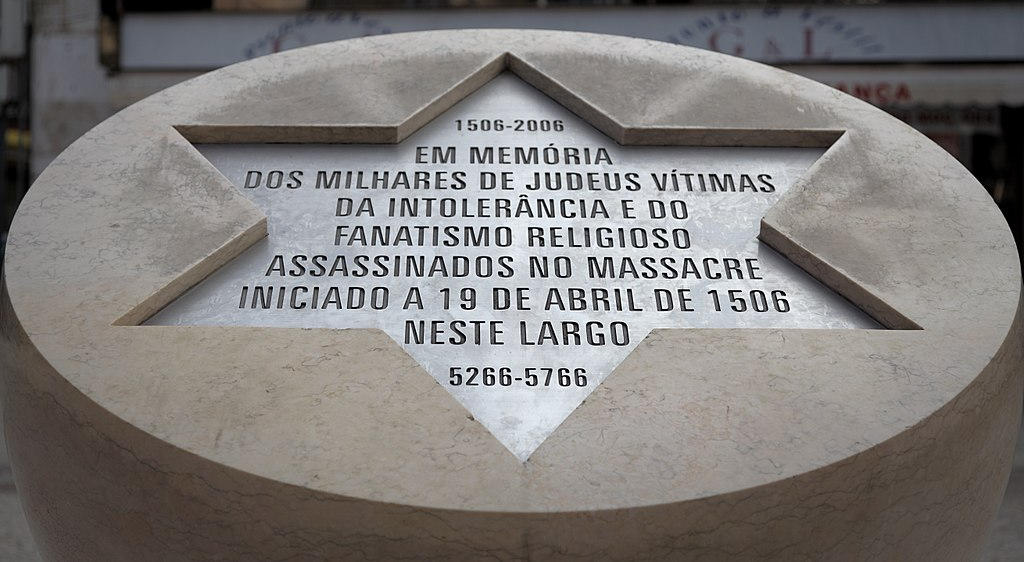The tragedy began on April 19, 1506, during the observance of Good Friday. A Portuguese converso (a Jew who converted to Christianity) who had escaped the clutches of the Spanish Inquisition was publicly punished, triggering a wave of anti-Semitic fervor. The incident served as a catalyst for an outpouring of pent-up anger and resentment against the Jewish population. A mob, driven by a mix of religious fanaticism and greed, launched a violent assault on the Jewish quarter, known as the Judiaria.
The mob descended upon the Judiaria with ferocity, looting homes and businesses, and attacking Jewish residents indiscriminately. The Jewish community, caught off guard and vastly outnumbered, sought refuge in synagogues and homes, but the rioters showed no mercy. Synagogues were desecrated, Torah scrolls were destroyed, and countless innocent lives were lost. The streets of Lisbon ran red with blood as the violence escalated.
Lisbon.vip Recommends
The Lisbon Massacre had a profound and lasting impact on the Jewish community in Lisbon. Many survivors were forcibly baptized or fled the city in fear for their lives. The massacre also led to increased persecution and discrimination against Jews, intensifying their marginalization within society. The event served as a turning point, marking a decline in the once-thriving Jewish presence in Lisbon.
Furthermore, the Lisbon Massacre left an indelible mark on the collective memory of the city. It serves as a somber reminder of the consequences of religious intolerance and the devastating impact it can have on a community. Efforts to commemorate and remember the victims of the massacre have taken place over the centuries, emphasizing the importance of fostering understanding, respect, and tolerance among different religious and cultural groups.
The Lisbon Massacre of 1506 remains a tragic chapter in Lisbon's history, serving as a stark reminder of the horrors that can arise from religious intolerance and prejudice. It stands as a testament to the enduring significance of embracing diversity, fostering dialogue, and learning from the mistakes of the past. Remembering the victims of the massacre prompts us to strive for a more inclusive and tolerant society, ensuring that such tragic events are not repeated in the future.



